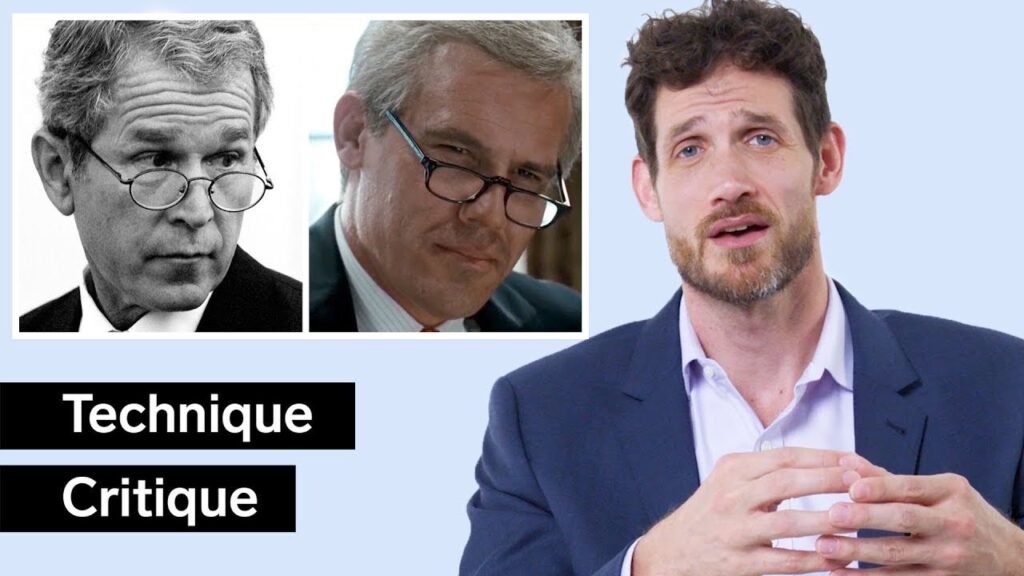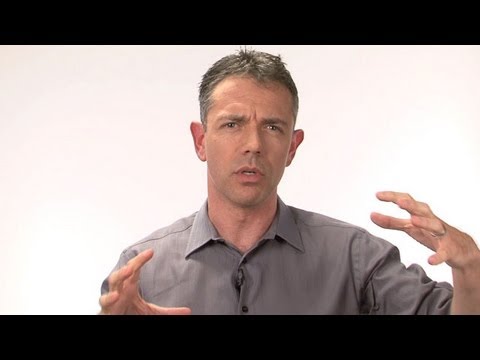The Dangers of Wealth Inequality: How the Ultra-Rich are Harming the Economy and Society
Summary
In this article, we discuss how the accumulation of wealth by the ultra-rich can be detrimental to the economy and society as a whole. Despite the fact that the ultra-rich are becoming wealthier at an alarming rate, this does not necessarily translate to increased investment or job creation. Many billionaires inherited their wealth or were born into wealthy families, and the share of income going to the top 1% has almost doubled since the early 1980s. However, real investment by the ultra-rich has actually decreased over the past few decades, and they save an average of 50 cents for every dollar of disposable income they receive. This lack of investment and consumption can lead to a shrinking economy and the impoverishment of the middle class.
Table of Contents
- The Ultra-Rich and Their Lack of Investment
- The Negative Effects of Extreme Inequality
- The Need for a Wealth Tax
- The Political Influence of the Ultra-Rich
The Ultra-Rich and Their Lack of Investment
The ultra-rich are becoming wealthier at an alarming rate, but this does not necessarily translate to increased investment or job creation. Many billionaires inherited their wealth or were born into wealthy families, and the share of income going to the top 1% has almost doubled since the early 1980s. However, real investment by the ultra-rich has actually decreased over the past few decades, and they save an average of 50 cents for every dollar of disposable income they receive. This lack of investment and consumption can lead to a shrinking economy and the impoverishment of the middle class. While some billionaires own large corporations and create jobs, many are also laying off workers and using technology and automation to replace human workers. Ultimately, the accumulation of wealth by the ultra-rich can be detrimental to the economy and society as a whole.
The Negative Effects of Extreme Inequality
The idea that addressing income inequality will harm economic growth persists despite evidence to the contrary. Billionaires giving away their wealth through philanthropy is not enough to offset the negative effects of extreme inequality. Furthermore, some billionaires may use philanthropy as a tactic to perpetuate wealth and avoid taxes. The US tax system is flat and favors the wealthy, who can legally avoid paying taxes on certain forms of income. A wealth tax on high levels of wealth could help reduce inequality and stimulate economic growth by channeling excess savings back into the economy through spending. In the past, higher tax rates on the wealthy helped to narrow the income gap and promote economic growth. Putting money in the hands of ordinary people will drive the economy by increasing spending, while giving all the money to the wealthy will make the middle class poorer. Despite this evidence, the misperception that addressing income inequality will damage economic growth persists.
The Need for a Wealth Tax
A wealth tax on high levels of wealth could help reduce inequality and stimulate economic growth by channeling excess savings back into the economy through spending. In the past, higher tax rates on the wealthy helped to narrow the income gap and promote economic growth. Putting money in the hands of ordinary people will drive the economy by increasing spending, while giving all the money to the wealthy will make the middle class poorer. Despite this evidence, the misperception that addressing income inequality will damage economic growth persists.
The Political Influence of the Ultra-Rich
The speaker is highlighting the political influence of certain individuals who own newspapers and news channels. They warn that these individuals may use their power to convince people of their own agenda. The speaker notes that this creates an imbalance of power and resources, which will only worsen over time if no action is taken.
Conclusion
The accumulation of wealth by the ultra-rich can be detrimental to the economy and society as a whole. Real investment by the ultra-rich has actually decreased over the past few decades, and they save an average of 50 cents for every dollar of disposable income they receive. The misperception that addressing income inequality will damage economic growth persists. A wealth tax on high levels of wealth could help reduce inequality and stimulate economic growth by channeling excess savings back into the economy through spending. The political influence of the ultra-rich is also a cause for concern, as it creates an imbalance of power and resources. It is time to take action to address these issues and promote a more equal and just society.






